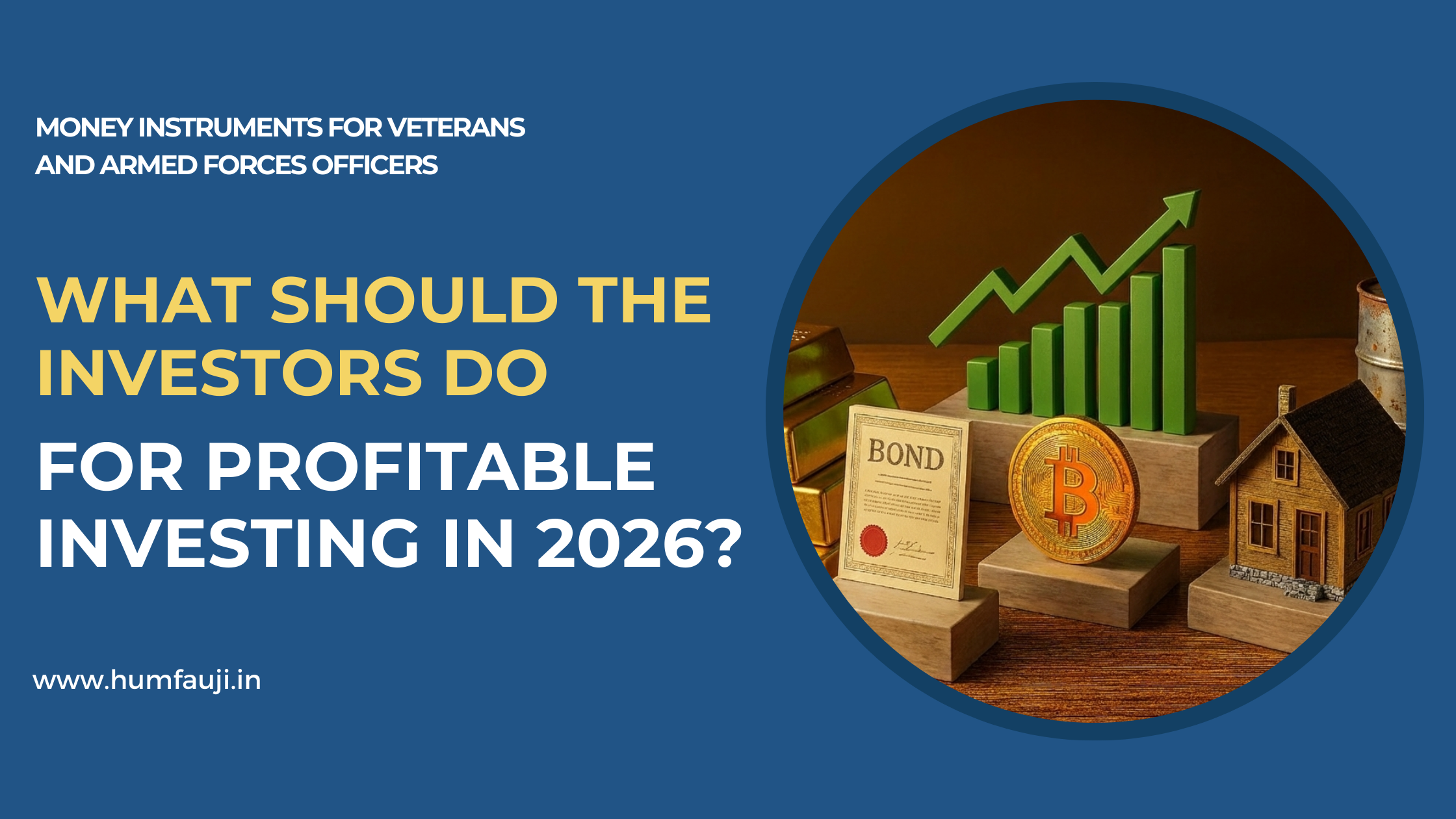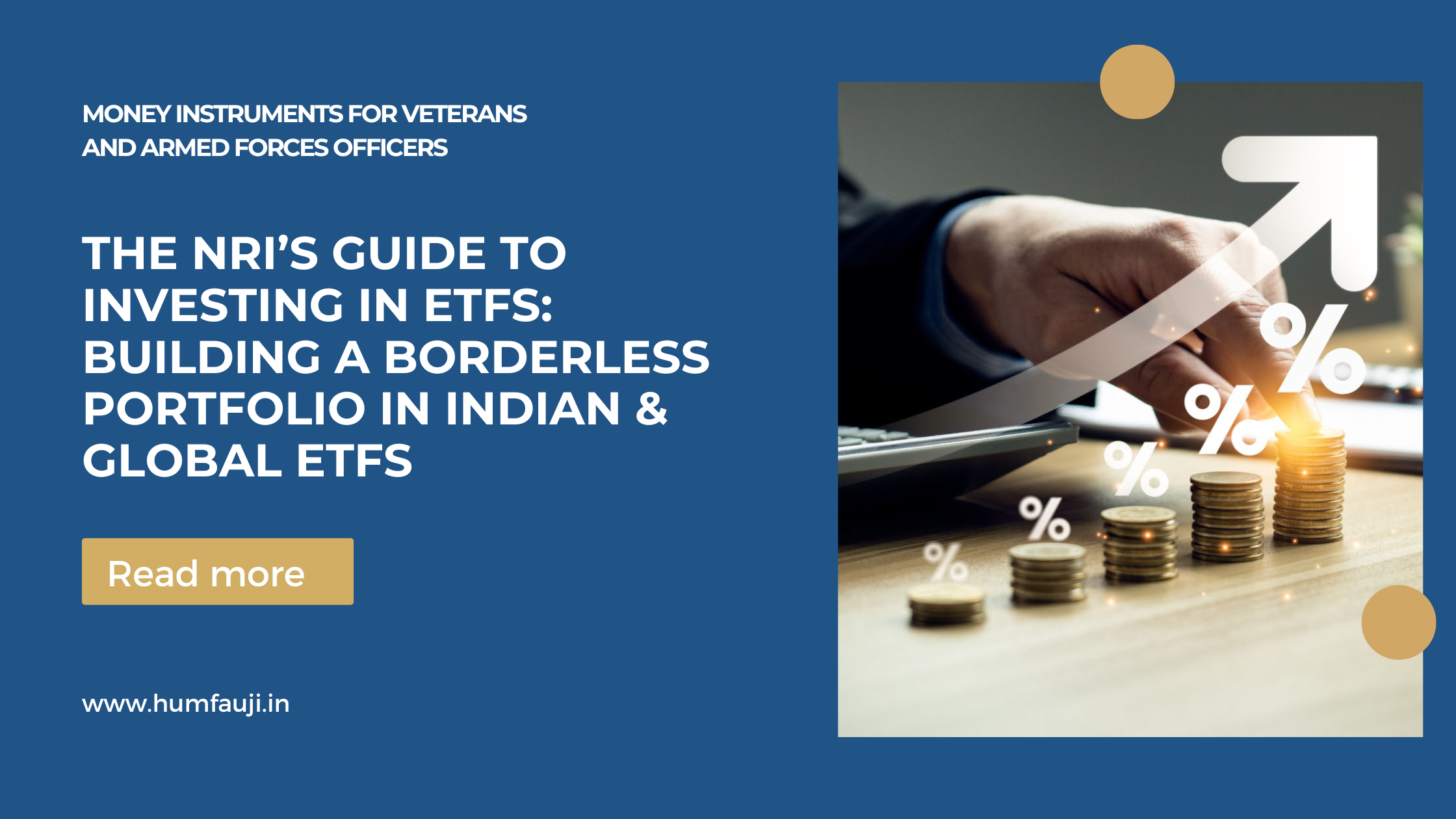28Jan
NRI Investments in 2026: Five Essentials to Stay on Course in a Changing World
Imagine this for a moment. You’re standing on the deck of a ship. The se...16Jan
From the Uniform to the Community — A Continuing Commitment [News Update: Army Day Parade 2026]
At Hum Fauji Initiatives, we believe trust is built not by numbers alone bu...22Dec
What should the Investors do for Profitable Investing in 2026?
2025 has been a year that has tested every investor’s patience. A part of.....17Nov
Loan Against Mutual Funds for Indian Armed Forces Personnel
A perfect overdraft facility that is accessible quickly and comes without d...07Nov
Secure Your Family’s Future with the Best Insurance Advice for Armed Forces
Life in the armed forces is a journey of honour, courage, and sacrifice. Wh...01Nov
Best Term Insurance Plans for Armed Forces Officers and Veterans
During active service, the armed forces officers are mandatorily covered un...26Sep
Health Insurance for Armed Forces Officers—Serving, Retired and their families
Serving in the armed forces is a matter of pride. Gratefully, the...18Sep
Best Home Loans for Fauji Families: A Specialised Service Handpicking the appropriate Home Loan for Armed Forces Families
Hum Fauji Initiatives walks beside our Armed Forces families not ...28Aug
Why Armed Forces Personnel Need to Have Adequate Life Insurance?
While life insurance is a protection that everyone with dependants must hav...28Aug
Premature redemption price of gold bond fixed at Rs 5,115 per unit
Mumbai: The price for premature redemption of sovereign gold bond (SGB) due...21Aug














